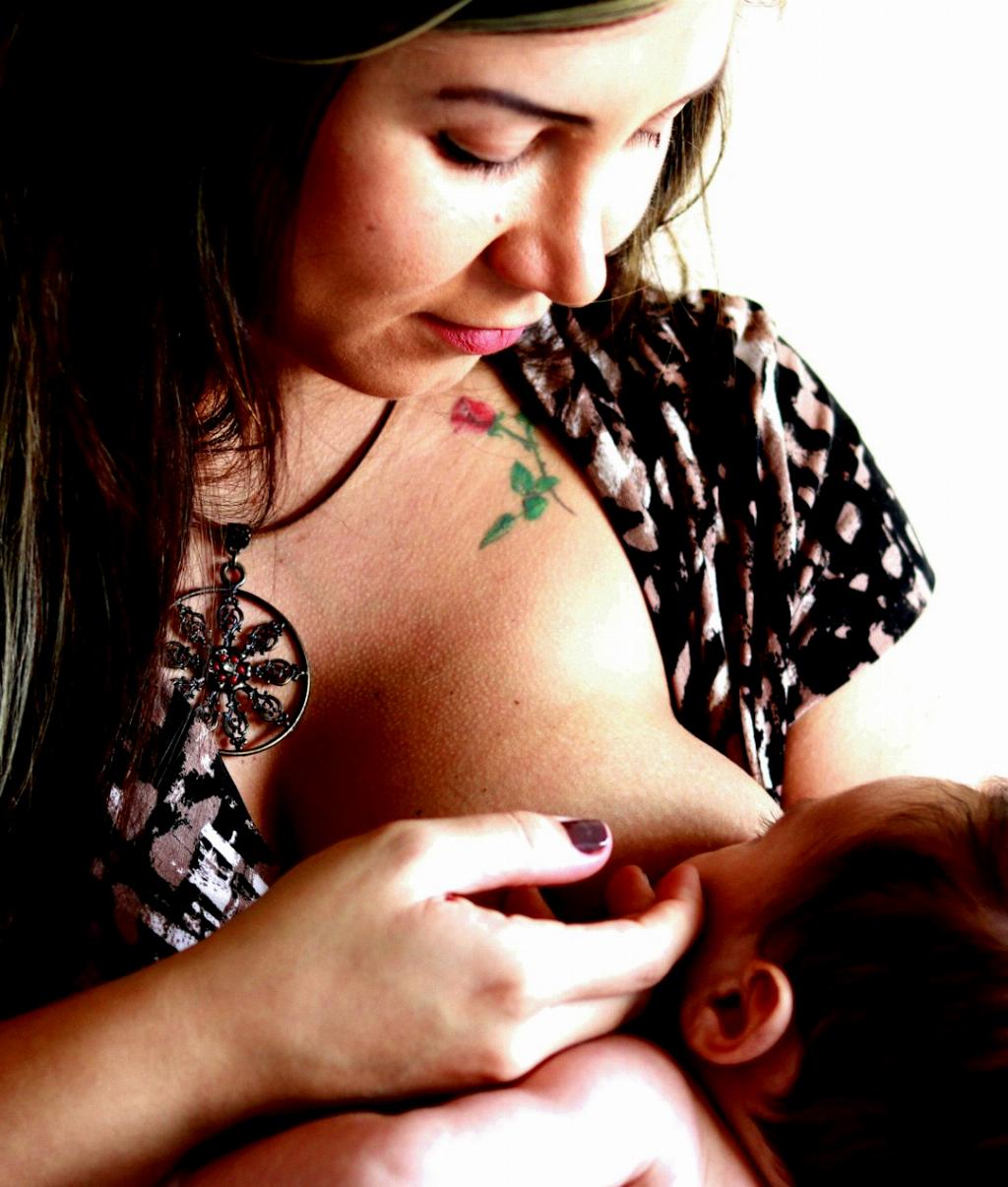In our modern society, the consumption of sugar has reached alarming levels. Many people, including breastfeeding mothers, may not realize the detrimental effects excessive sugar intake can have on their overall health and even the health of their babies. When it comes to the question of whether eating too much sugar can affect breastmilk, the answer is a resounding yes.
Research has shown that breastfeeding mothers in the United States tend to consume significantly higher amounts of sugar than the recommended daily intake. The average American woman consumes triple the daily maximum recommended amount of sugar, which is already a cause for concern for individual health.
When a breastfeeding mother consumes excessive amounts of sugar, it doesn’t just affect her own health. The sugar consumed is passed into her breastmilk, exposing her nursing baby to high levels of sugars that can have detrimental effects on their developing bodies.
Excessive sugar intake through breastmilk can lead to a host of health issues for the nursing baby. High sugar levels in breastmilk can contribute to obesity, diabetes, and other metabolic disorders in infants. It can also affect the baby’s taste preferences, leading to a preference for sweet foods later in life.
Furthermore, babies have immature digestive systems that are not equipped to handle high levels of sugar. This can lead to digestive discomfort, such as gas, bloating, and potentially even colic in infants exposed to excessive sugar through breastmilk.
It is essential for breastfeeding mothers to be mindful of their sugar intake and prioritize a balanced and nutritious diet for the health of both themselves and their babies. By reducing sugar consumption and opting for healthier alternatives, mothers can protect their own health and ensure that their breastmilk provides the optimal nutrition for their infants.
Choosing whole foods over processed sugary snacks and beverages can make a significant difference in the quality of breastmilk and the overall health of the breastfeeding dyad. Incorporating fruits, vegetables, lean proteins, and whole grains into the diet can help maintain stable blood sugar levels and provide essential nutrients for both mother and baby.
Healthcare providers often recommend limiting added sugars in the diet of breastfeeding mothers to promote better health outcomes for both mom and baby. By being mindful of sugar intake and making conscious dietary choices, breastfeeding mothers can positively impact the nutritional content of their breastmilk and support their baby’s growth and development.
Educating oneself about the potential risks of excessive sugar consumption while breastfeeding is crucial for making informed decisions about dietary habits. By understanding how sugar can affect breastmilk composition and its impact on infant health, mothers can take proactive steps to safeguard their own well-being and that of their nursing babies.
In conclusion, the answer to the question “Can eating too much sugar affect breastmilk?” is a definitive yes. Excessive sugar intake by breastfeeding mothers can have detrimental effects on the health of both the mother and the nursing baby. By prioritizing a balanced diet low in added sugars and rich in essential nutrients, breastfeeding mothers can provide their infants with the best possible start in life.

